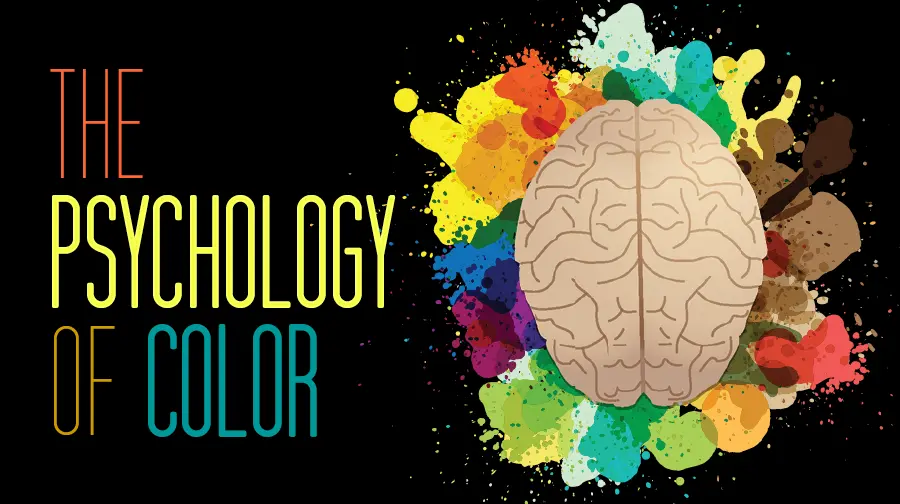Introduction to Psychology: Understanding the Human Mind and Behavior
Psychology is the scientific study of the human mind and behavior. It encompasses various fields, such as developmental psychology, social psychology, cognitive psychology, clinical psychology, and many others. The study of psychology helps us understand the underlying mechanisms of human behavior and why we do the things we do.
The history of psychology dates back to ancient times when Greek philosophers such as Plato and Aristotle explored the nature of human behavior. However, it wasn’t until the late 19th century that psychology became a distinct scientific discipline. Wilhelm Wundt, known as the father of modern psychology, established the first psychological laboratory in Leipzig, Germany, in 1879. Since then, psychology has evolved significantly, and new theories and research methods have emerged.
Theories of Psychology
Psychology has many theories, and each theory seeks to explain different aspects of human behavior. Some of the most influential theories of psychology include:
- Psychoanalytic theory: Sigmund Freud developed this theory, which focuses on the unconscious mind and how it shapes human behavior. According to this theory, unconscious thoughts and feelings influence our conscious behavior.
- Behaviorism: This theory, developed by John Watson and B.F. Skinner, emphasizes the importance of environmental factors in shaping behavior. Behaviorists believe that all behavior is learned, and it is possible to modify behavior through conditioning.
- Cognitive theory: This theory suggests that our thinking processes influence our behavior. It emphasizes the importance of perception, memory, and attention in shaping behavior.
- Humanistic theory: This theory emphasizes the importance of personal growth and self-actualization. It suggests that people have innate goodness and strive towards fulfilling their potential.
![]()





